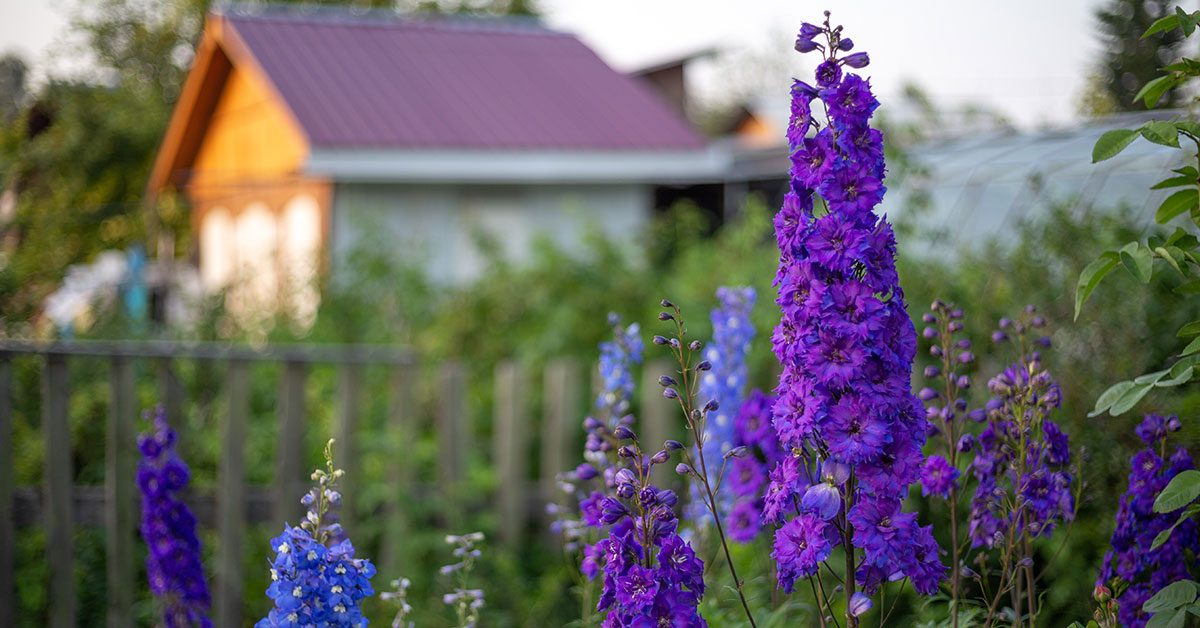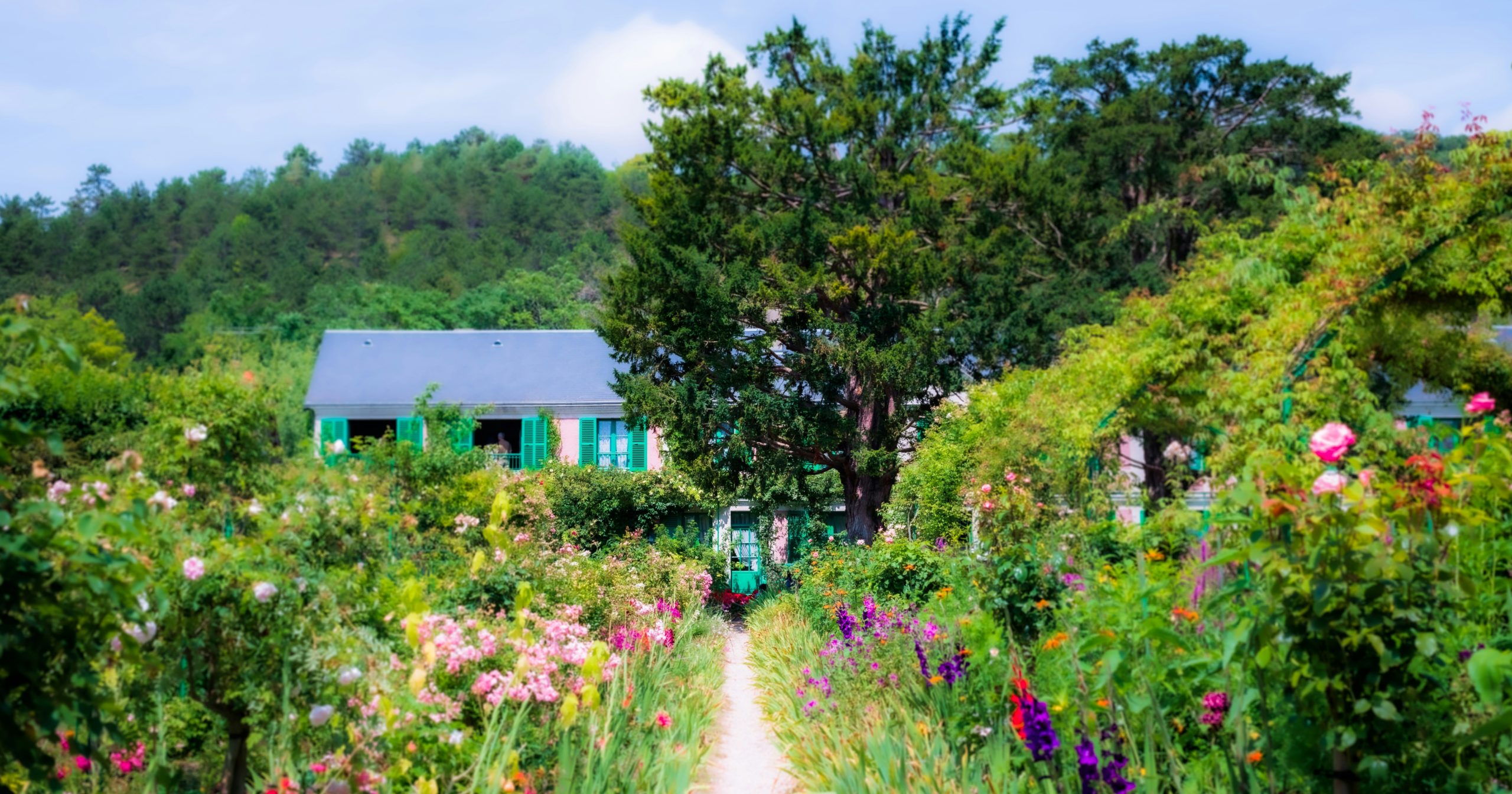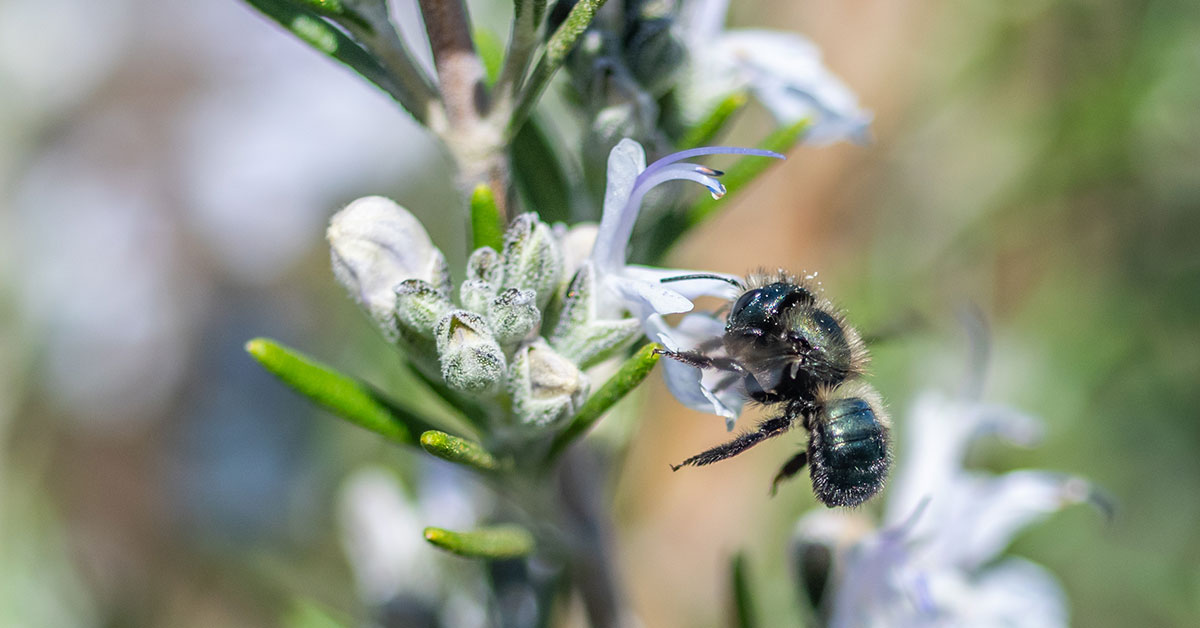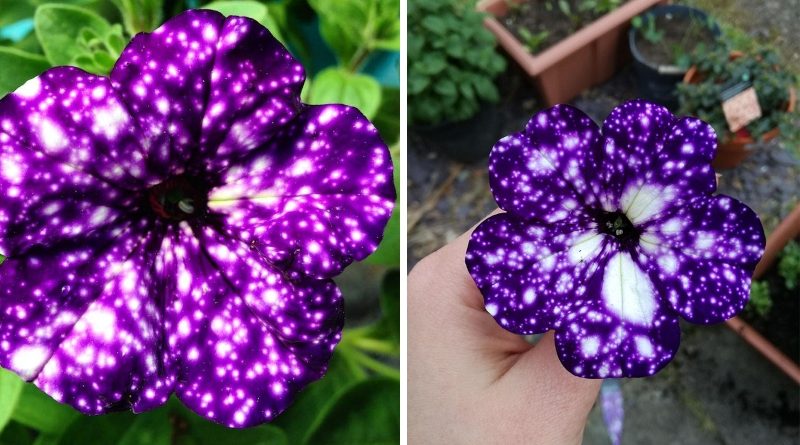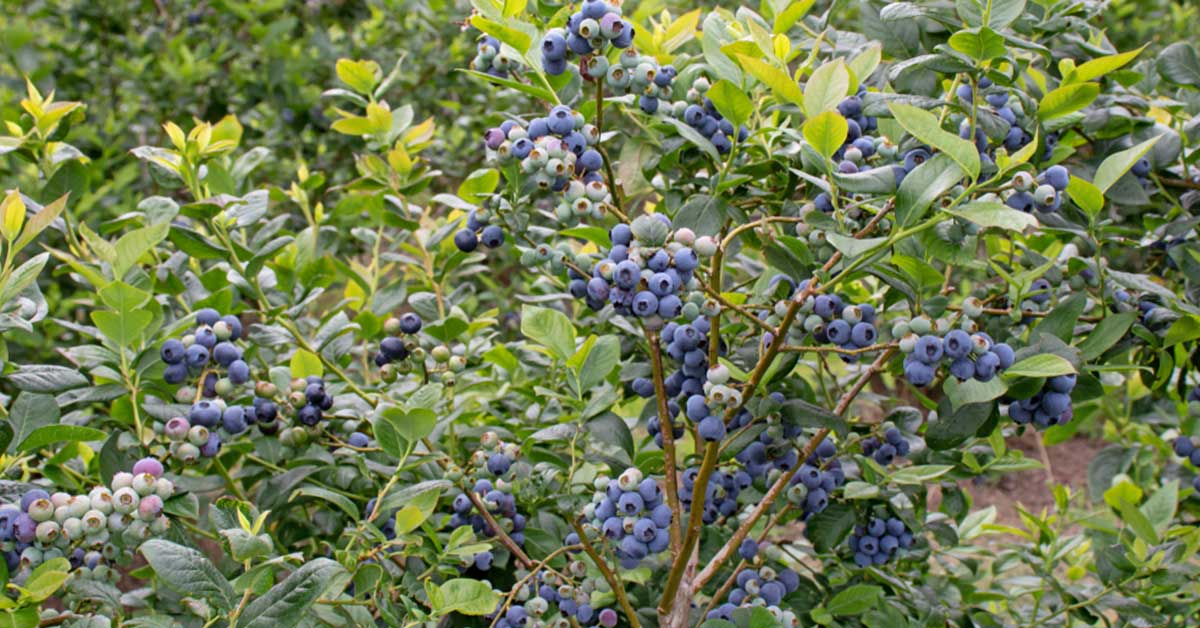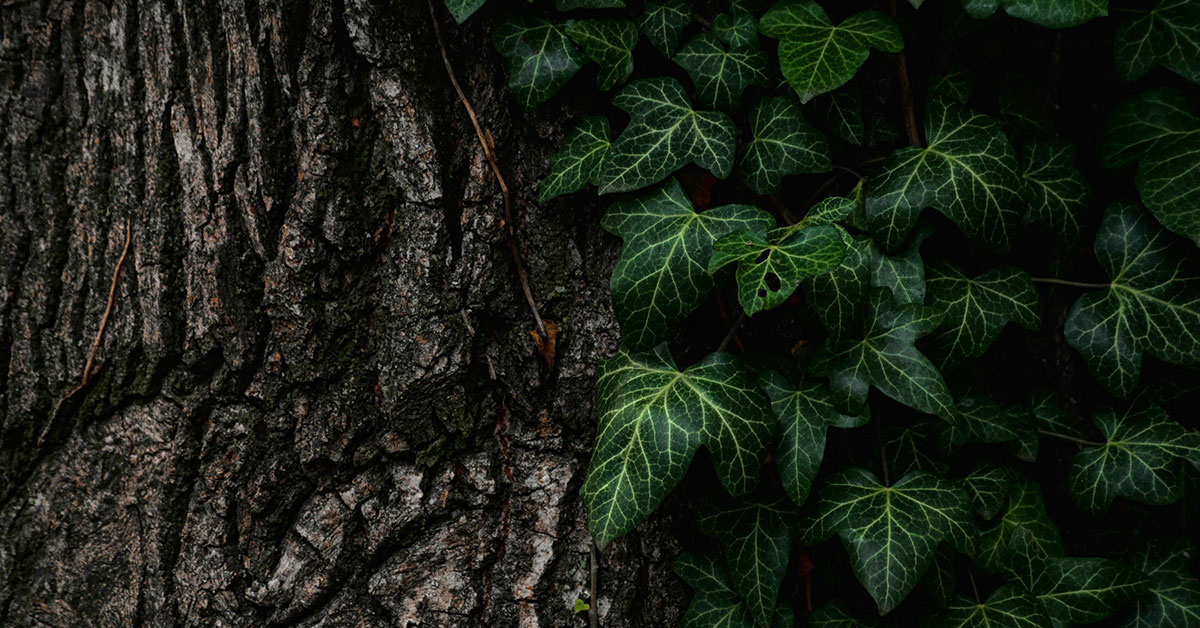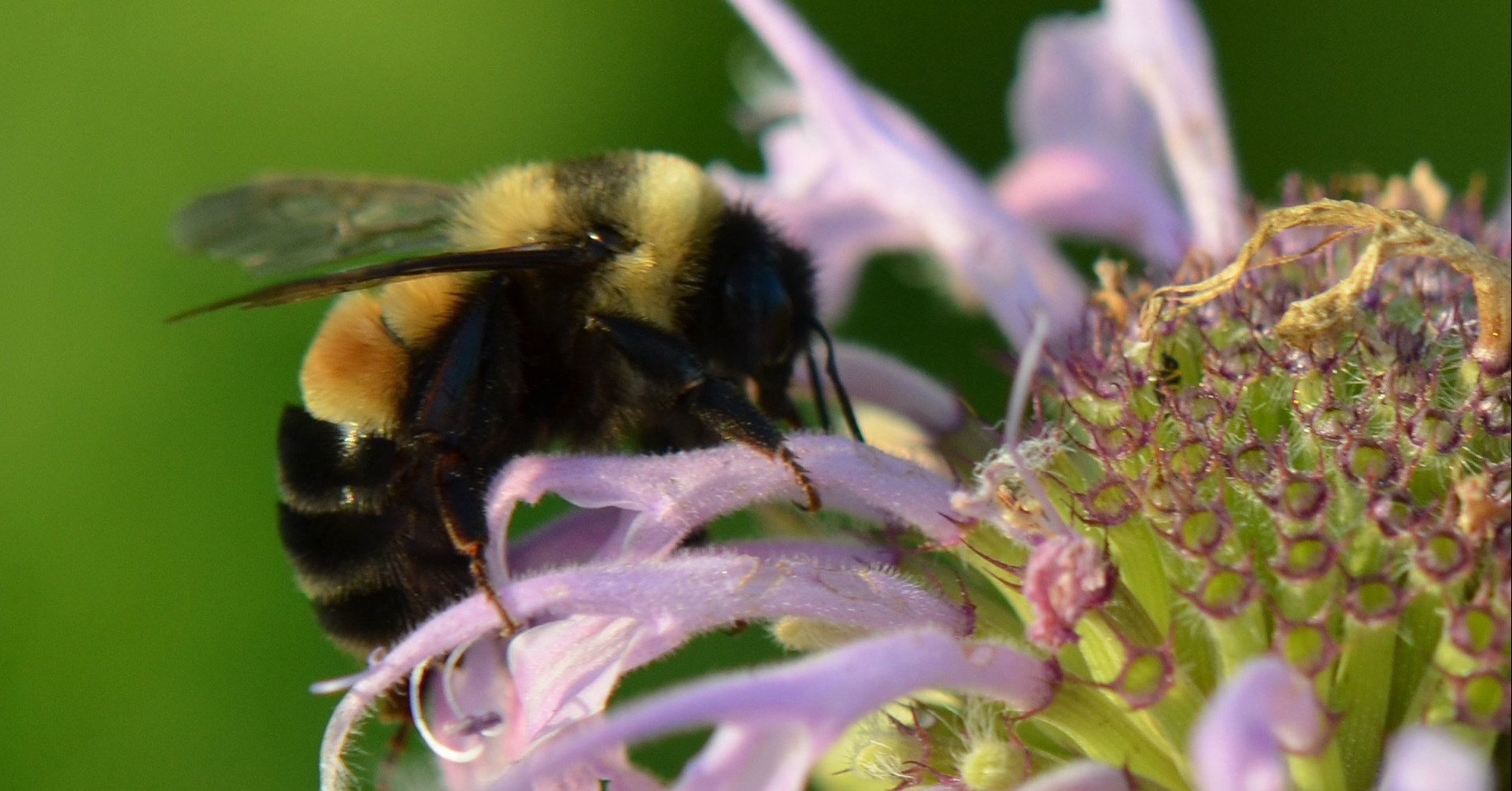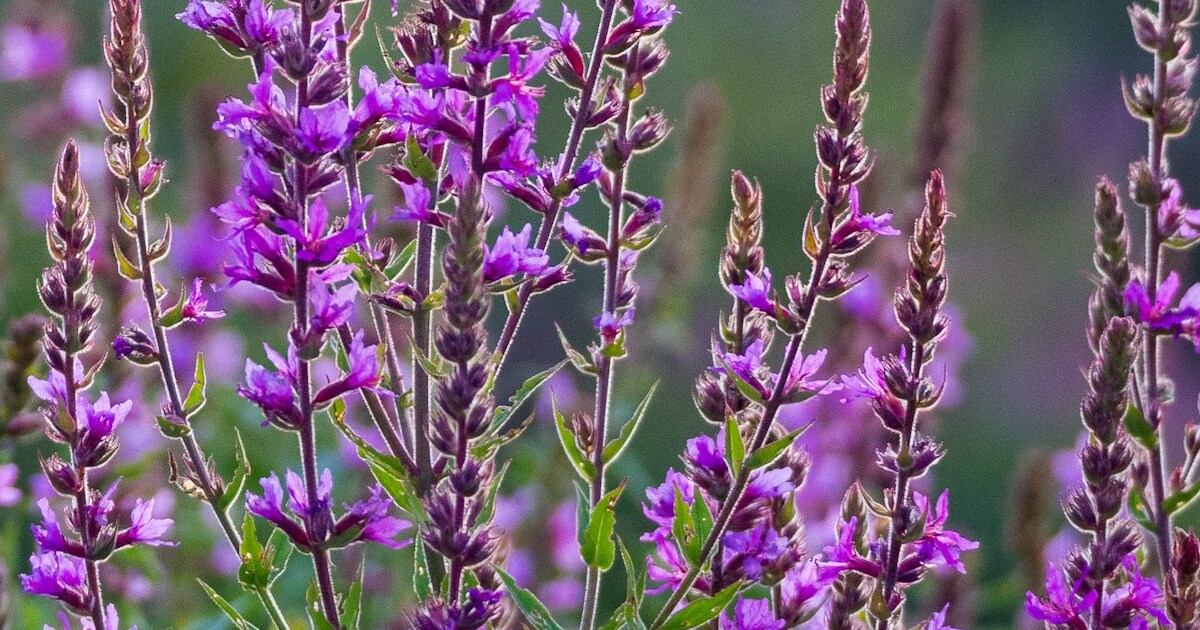As gardeners, we strive to provide the best care for our beloved plants. However, not all water is created equal! Tap water, while convenient, often contains chemicals and minerals that can harm certain sensitive plants. Understanding which plants are particularly vulnerable to tap water and what alternatives to use can make a significant difference in their health and growth.
In this article, I’ll introduce you to twelve sensitive plants that should never be watered with tap water. For each plant, I’ll explain why tap water can be detrimental and recommend the best type of water to use instead. By making these adjustments, you can ensure that your plants thrive and avoid common issues associated with poor water quality. Let’s dive in and learn how to keep these delicate beauties happy and healthy!
Spider Plant
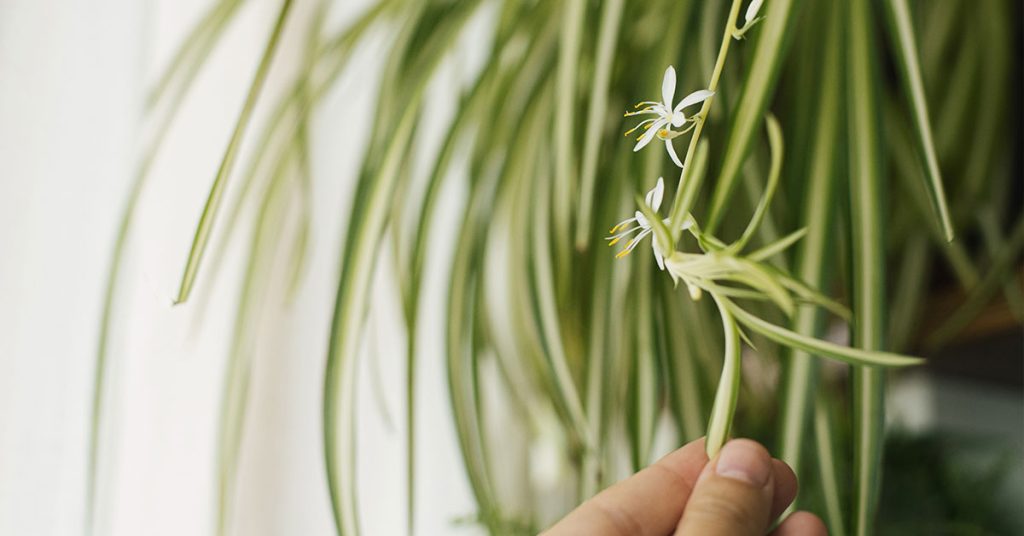
Spider Plants (Chlorophytum comosum) are popular houseplants known for their air-purifying abilities and easy care. However, they are sensitive to the chemicals commonly found in tap water, such as chlorine and fluoride. These chemicals can cause the tips of the leaves to turn brown, a condition known as “leaf tip burn.”
To avoid this, use distilled water, rainwater, or filtered water for your Spider Plant. These water types lack the harmful chemicals present in tap water and help keep the plant’s foliage lush and green. Additionally, allowing tap water to sit out for 24 hours before using it can help some of the chlorine dissipate, though it won’t remove fluoride.
Calathea
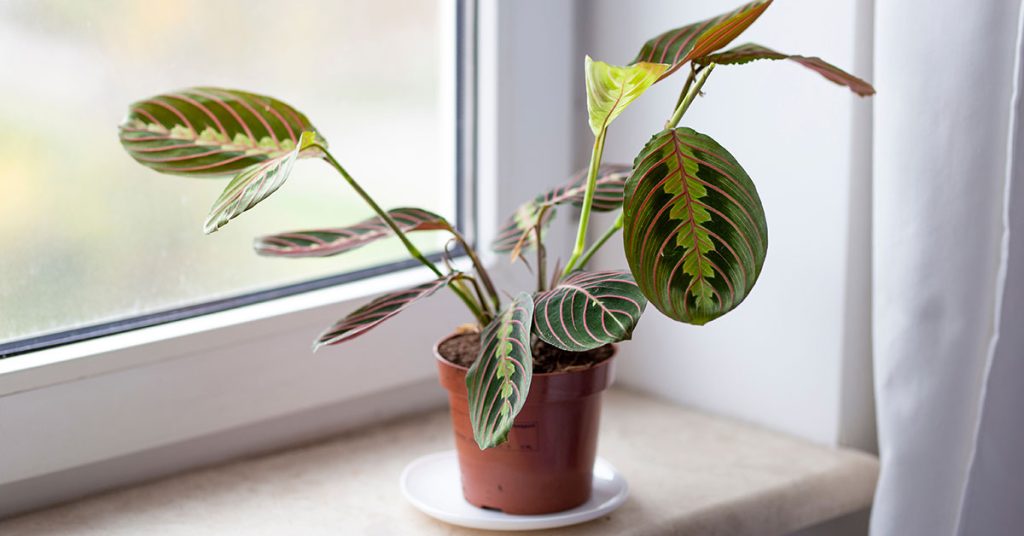
Calathea plants are admired for their striking foliage, which features unique patterns and colors. These tropical beauties are particularly sensitive to the minerals and chemicals in tap water. Hard water, which contains high levels of calcium and magnesium, can leave white spots on the leaves and soil surface, while chlorine and fluoride can cause leaf edges to brown and curl.
To keep your Calathea looking its best, water it with distilled water, rainwater, or filtered water. These alternatives provide the clean, pure hydration that Calathea needs to thrive. It’s also a good idea to mist your Calathea with distilled water to maintain the humidity levels it craves without introducing harmful substances.
Orchids
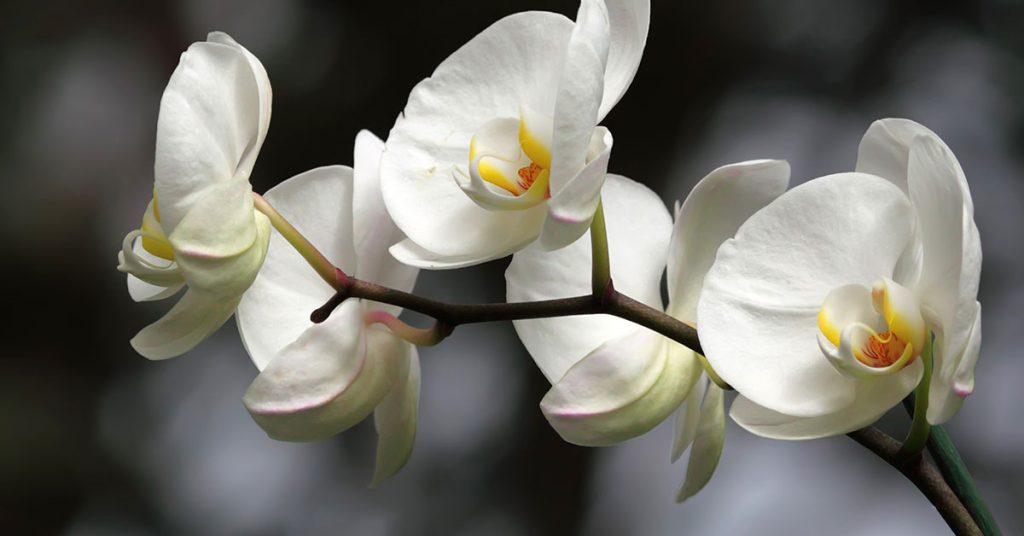
Orchids are stunning plants with delicate flowers that require specific care to flourish. They are highly sensitive to the salts and chemicals found in tap water, which can accumulate in the growing medium and damage the roots. This buildup can inhibit the plant’s ability to absorb water and nutrients, leading to poor growth and fewer blooms.
Water your Orchids with rainwater, distilled water, or reverse osmosis (RO) water. These types of water are free from harmful salts and chemicals, ensuring that your Orchids receive the pure hydration they need. When watering, it’s crucial to let the water run through the potting medium and drain out completely to avoid any buildup of salts and minerals.
Ferns
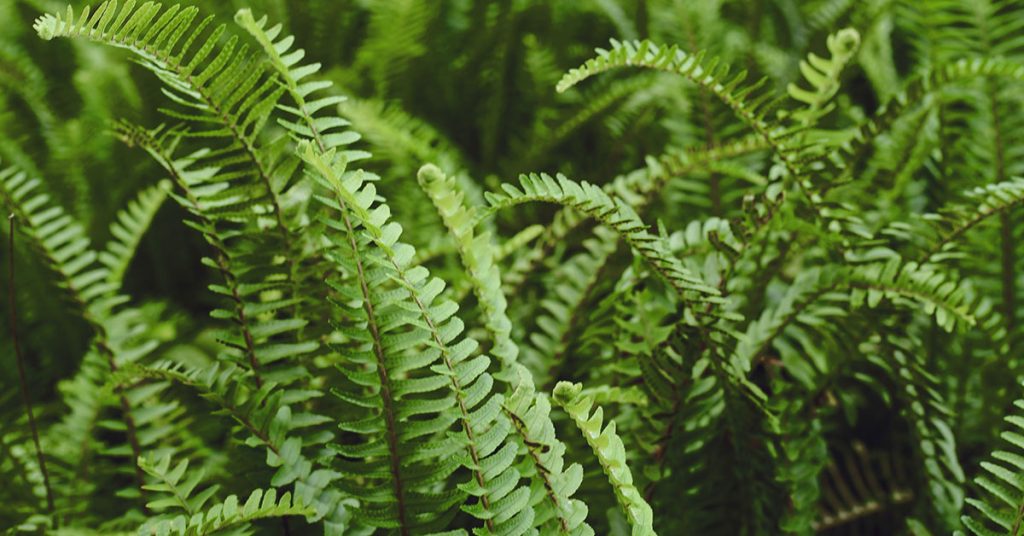
Ferns, including popular varieties like Boston Fern and Maidenhair Fern, thrive in high humidity and consistent moisture. However, they are sensitive to the chlorine and fluoride in tap water, which can cause leaf tips to turn brown and the overall plant to look unhealthy. Ferns also prefer slightly acidic water, which tap water may not provide.
For the best results, use rainwater, distilled water, or filtered water to keep your Ferns hydrated. These water sources are free from harmful chemicals and more closely mimic the natural conditions Ferns thrive in. Misting your Ferns with distilled water can also help maintain the high humidity levels they love without causing leaf damage.
Peace Lily
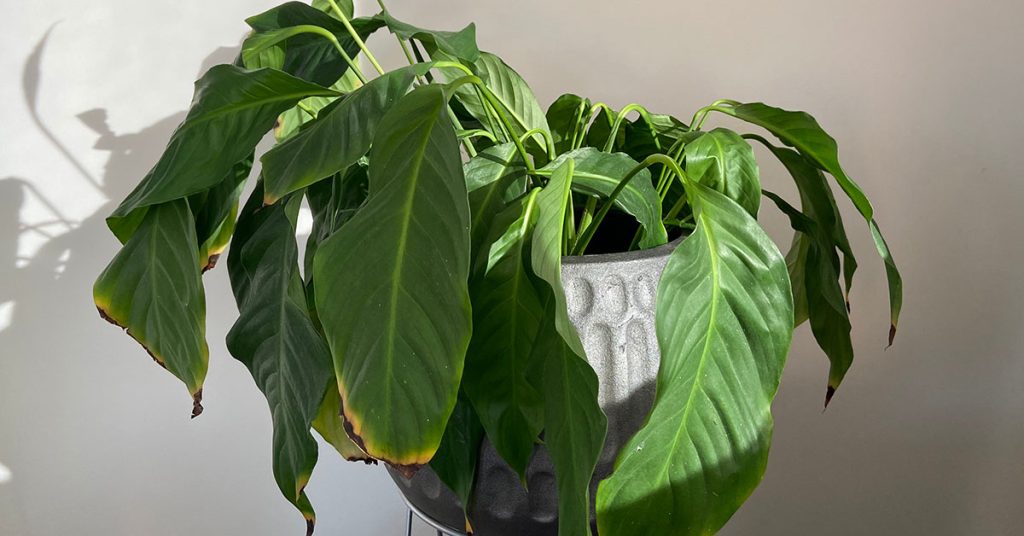
Peace Lilies (Spathiphyllum) are beloved for their elegant white blooms and air-purifying qualities. However, they are particularly sensitive to the chlorine and fluoride in tap water, which can cause their leaf tips to turn brown and their overall appearance to decline. This sensitivity makes proper watering crucial for maintaining their beauty.
To keep your Peace Lily healthy, water it with distilled water, rainwater, or filtered water. These alternatives prevent the buildup of harmful chemicals in the soil and help keep the leaves green and lush. Peace Lilies also appreciate high humidity, so consider misting them with distilled water to boost moisture levels without introducing damaging chemicals.
Dracaena
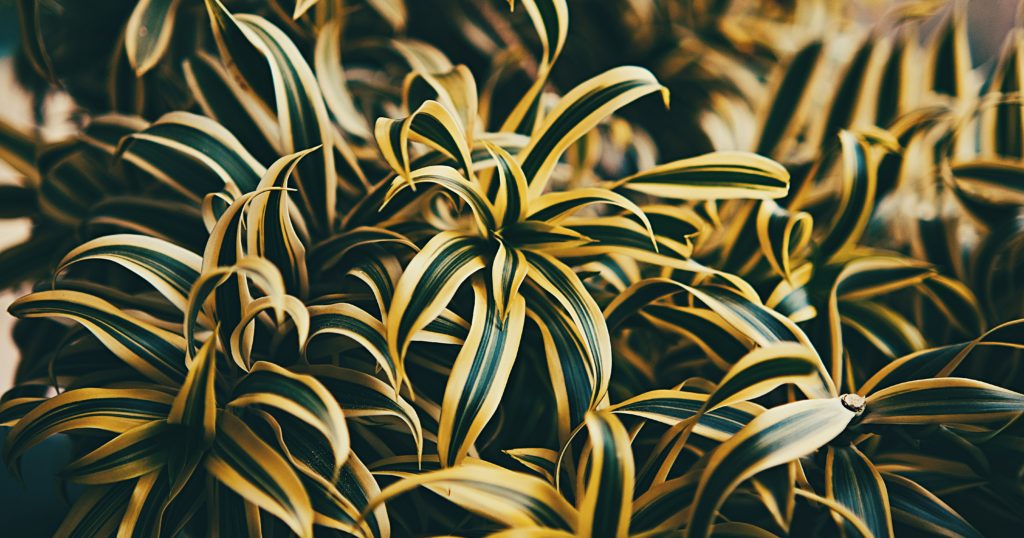
Dracaena plants, with their striking, sword-like leaves, are popular houseplants that are sensitive to fluoride and chlorine in tap water. These chemicals can cause the leaf tips and edges to turn brown, detracting from the plant’s beauty. Dracaenas also prefer slightly acidic water, which tap water may not always provide.
To ensure your Dracaena thrives, water it with distilled water, rainwater, or filtered water. These water sources are free from the chemicals that can harm your plant and help maintain its vibrant appearance. Allowing tap water to sit out for 24 hours can also help reduce chlorine levels, though it won’t remove fluoride.
Azalea
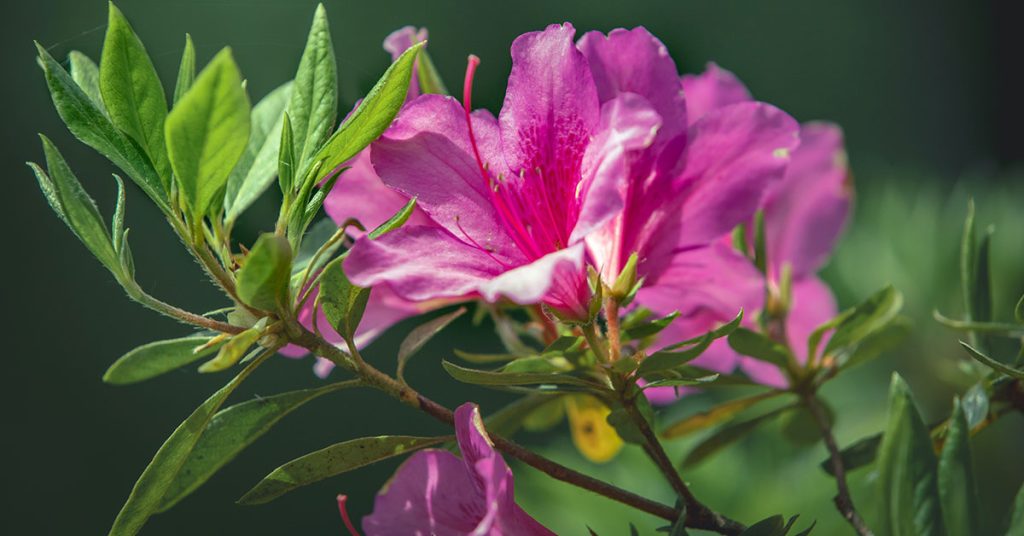
Azaleas are stunning flowering plants that prefer acidic soil conditions. However, the alkaline nature of tap water can neutralize the acidity of the soil, leading to nutrient deficiencies and poor plant health. Additionally, the chlorine and fluoride in tap water can cause leaf tip burn and other issues.
To keep your Azalea healthy and blooming, water it with rainwater, distilled water, or filtered water. These options help maintain the necessary soil acidity and avoid harmful chemicals. Using these water sources can help ensure that your Azalea remains vibrant and produces its beautiful flowers.
Bonsai

Bonsai trees are miniature works of art that require meticulous care. They are particularly sensitive to the salts and chemicals in tap water, which can accumulate in the soil and damage the delicate root system. This buildup can stunt growth and reduce the tree’s overall health.
Water your Bonsai with distilled water, rainwater, or reverse osmosis (RO) water. These water types are free from harmful chemicals and salts, providing the pure hydration that Bonsai trees need. Regularly flushing the soil with these clean water sources can help prevent salt buildup and keep your Bonsai healthy and vibrant.
Carnivorous Plants
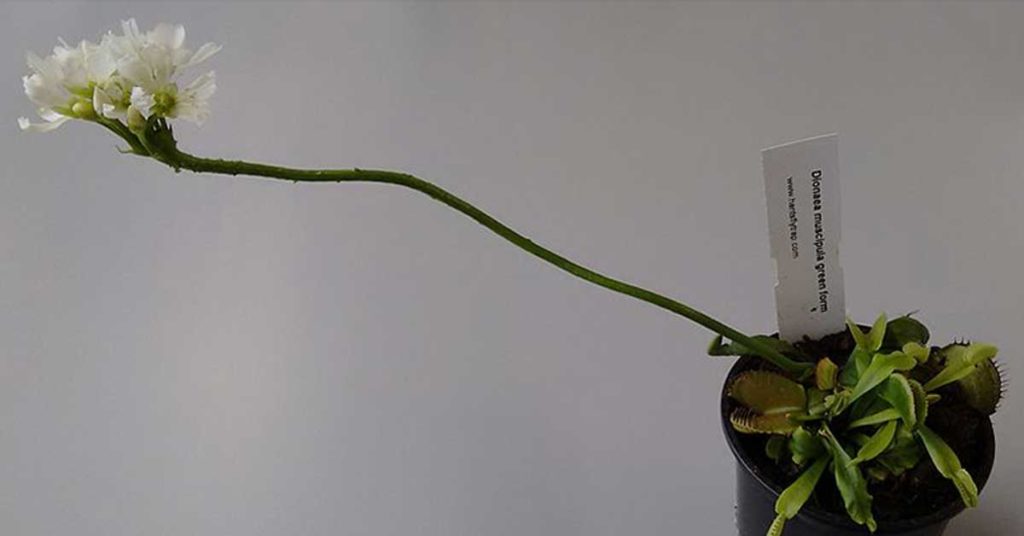
Carnivorous plants, such as Venus Flytraps and Pitcher Plants, are fascinating and unique additions to any plant collection. They naturally grow in nutrient-poor, acidic soils and are highly sensitive to the minerals and chemicals found in tap water. Using tap water can lead to mineral buildup, which can damage or even kill these delicate plants.
To keep your carnivorous plants thriving, water them with distilled water, rainwater, or reverse osmosis (RO) water. These water sources mimic the conditions of their natural habitats and provide the pure hydration they require. Regularly using these water types will ensure that your carnivorous plants remain healthy and capable of capturing their prey.
African Violets
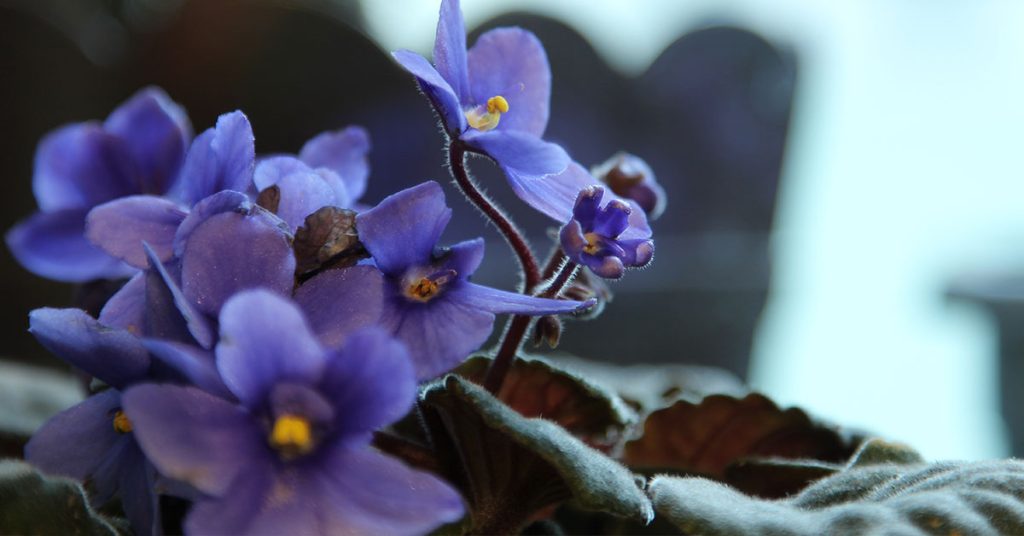
African Violets are cherished for their beautiful, velvety blooms and compact growth habit. They are sensitive to the salts and chemicals in tap water, which can cause leaf spots and browning of the leaf edges. These issues can detract from the plant’s overall appearance and health.
To ensure your African Violets remain vibrant and healthy, water them with distilled water, rainwater, or filtered water. These water sources help prevent the buildup of harmful substances in the soil. When watering, use room-temperature water and avoid getting the leaves wet to prevent spotting and other damage.
Prayer Plant
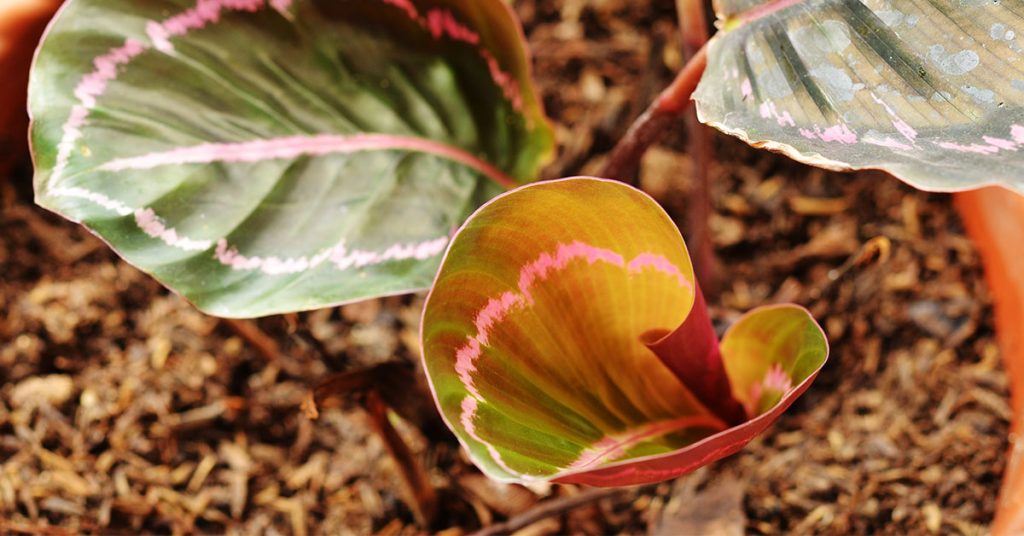
Prayer Plants (Maranta leuconeura) are known for their beautiful, patterned leaves that fold up at night, resembling praying hands. They are sensitive to chlorine and fluoride in tap water, which can cause the leaf edges to turn brown and affect their overall health. Prayer Plants also prefer slightly acidic water.
To keep your Prayer Plant thriving, water it with distilled water, rainwater, or filtered water. These alternatives provide the pure, clean hydration that Prayer Plants need. Misting with distilled water can also help maintain the high humidity levels they prefer without introducing harmful chemicals.
Croton
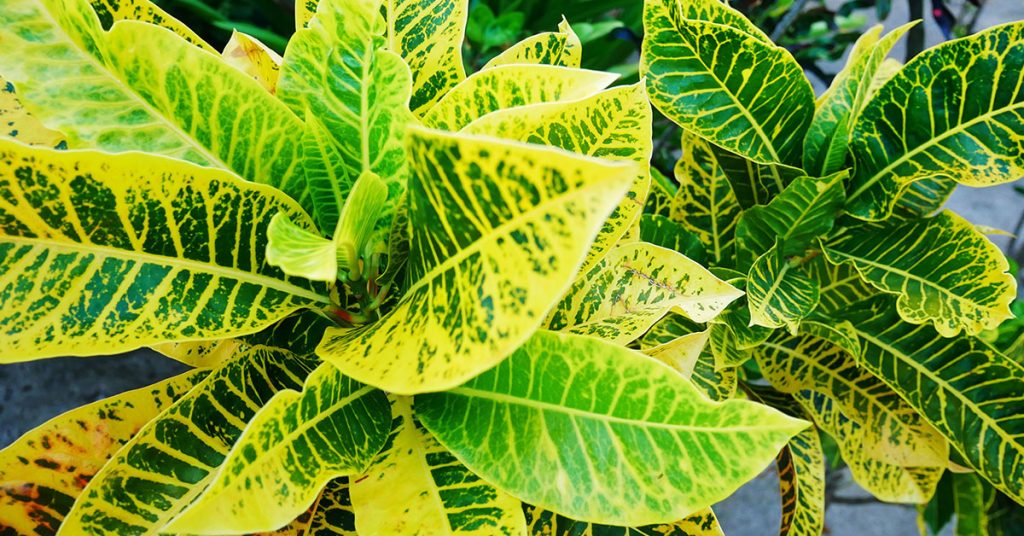
Crotons are prized for their vibrant, multicolored foliage. However, they are sensitive to fluoride and chlorine in tap water, which can cause leaf tip burn and other damage. These chemicals can accumulate in the soil over time, affecting the plant’s overall health and appearance.
To keep your Croton looking its best, water it with distilled water, rainwater, or filtered water. These water sources are free from harmful chemicals and help maintain the plant’s vibrant colors. Regularly flushing the soil with these clean water sources can help prevent chemical buildup and ensure your Croton remains healthy and beautiful.


